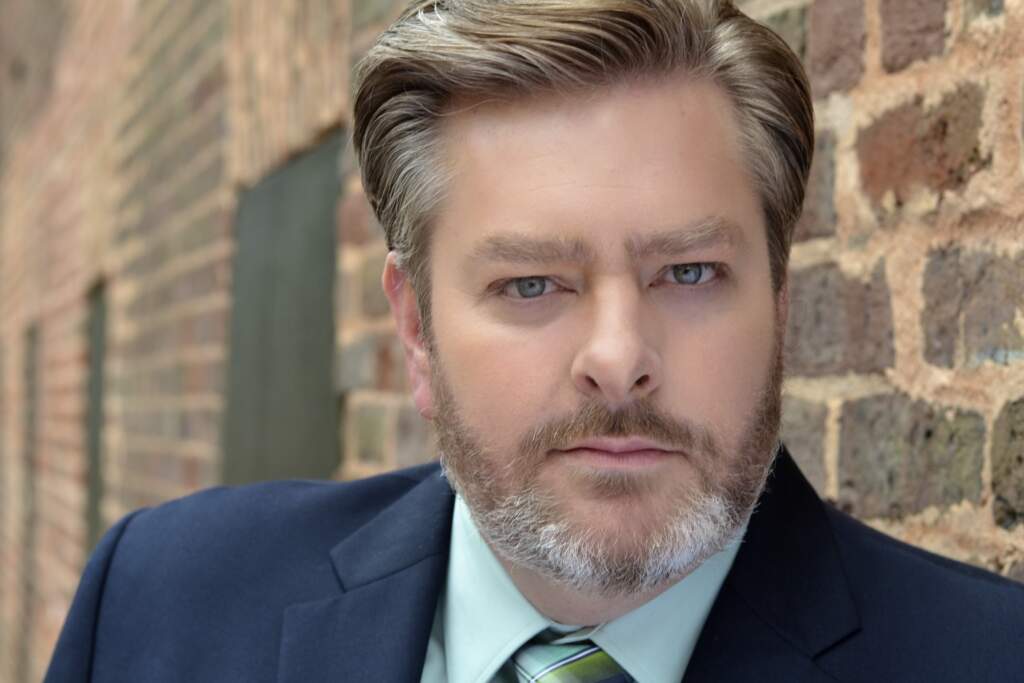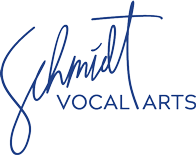
An affecting performer best known for Verdi’s iconic baritone roles, Weston Hurt is recognized for his emotionally honest portrayals of characters both sympathetic and monstrous. His ability to balance machismo and vulnerability with equal expressive intensity captivates audiences, and his focus on authentic communication informs his mentorship of the next generation of vocal artists. Weston’s approach – fueled by his experiences as a singer born without a right hand – centers the embrace of one’s unique traits.
Weston’s operatic career balances some of the repertoire’s most formidable villains with its most compelling father figures. At Houston Grand Opera, Nashville Opera and Tulsa Opera, his portrayals of Scarpia in Tosca have been remarked upon for their humanity, with Tulsa World noting Weston’s ability to turn a cartoonish scoundrel into “a Hitchcockian villain whose evil impulses are well-hidden behind a veneer of respectability…resonating with menace.” His malignant Iago was a highlight of the Boston Youth Symphony Orchestra’s Otello, and he brought what Queen Anne & Magnolia News deemed “just the right touch of fury” to his Ford in Falstaff at Virginia Opera and Seattle Opera. Per City Arts, Weston has been an “authoritative, thundering” Nabucco in Seattle, a commanding Enrico in Lucia di Lammermoor in Austin, Phoenix, Portland, and Tucson, and a complex and sinister Rigoletto in Portland and Boston. Weston has brought his signature role of Giorgio Germont to La Traviata audiences in Portland, Seattle, New Orleans, Atlanta, and Boston, with Opera News praising his “gorgeous baritone, which is golden, weighty, and clear” and a performance that was “faultless – stylistically on the money, dramatically committed, and displaying a vocalism that was perfectly even from the top to the bottom of his range.”
That stellar technique drives Weston’s pedagogical style, which emphasizes technical security and a thorough exploration of character. Weston is a full-time member of the voice faculty at University of Missouri at Kansas City, and his masterclasses – including sessions at Loyola University, Oklahoma State University, Lone Star College, University of Texas at Austin’s Butler Opera Center, and Seattle Opera’s Summer Academy at Marrowstone – underscore the importance of mining the text and one’s personal experiences to connect sincerely with the characters’ story arcs. His longstanding students have sung supporting roles at Seattle Opera and Boston Lyric Opera as well as leading roles at Merola Opera Center and the Tanglewood Festival.
Weston’s extra-musical advocacy assists young performers who are learning to navigate the industry and pinpoint their most effective contributions to it. His own influence has increasingly led stage directors to integrate the presence or absence of Weston’s prosthesis with character backstories. These details have enriched portrayals of Germont, Scarpia, and Valentin, who first appeared in New Orleans Opera’s Faust with the prosthesis, creating a striking contrast when he returned from war without it. Weston’s visible explorations of his physicality are part of embracing his unique brand – as an empathetic performer, committed artist advocate, and catalyst for change.

